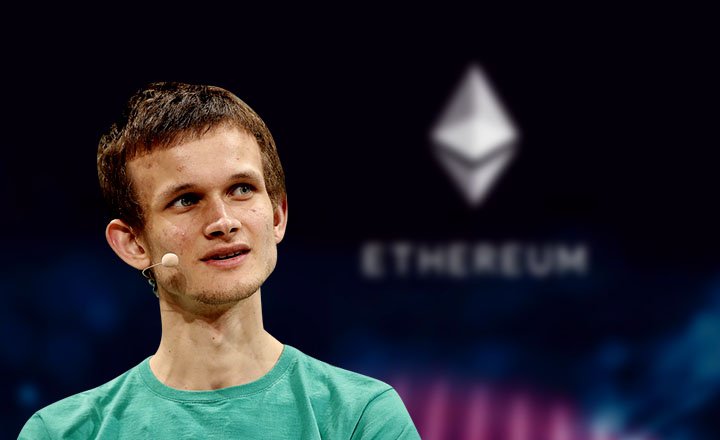Vitalik Buterin Reflects on Ethereum’s Development and Challenges
Vitalik Buterin, the visionary co-founder of Ethereum, recently opened up about the blockchain platform’s journey in a podcast interview with The Hashing. Reflecting on Ethereum’s development, Buterin addressed challenges, missed opportunities, and the ongoing evolution towards Ethereum 2.0.
Key Lessons from Ethereum’s Early Development
Gas Fee Oversights
One of the critical points raised by Buterin was the initial mismanagement of gas fee structures:
“We didn’t really do a good job of setting those at the beginning,” he admitted during the interview on July 2.
Gas fees, essential for transactions and smart contract executions, have been a persistent concern for Ethereum users.
Major Changes in Ethereum’s Evolution
Proof-of-Stake and Sharding
Buterin highlighted Proof-of-Stake (PoS) and sharding as transformative upgrades for Ethereum’s scalability and efficiency. However, he acknowledged underestimating the time required to implement these changes:
“Had we known that it would end up taking us years, we probably would have designed the roadmap differently.”
The prolonged timeline for these upgrades has led to rethinking the division of tasks and priorities among development teams.
Ethereum 2.0: The Road Ahead
What is Ethereum 2.0?
Ethereum 2.0, also known as ETH 2.0, is the next phase in Ethereum’s evolution, aiming to address scalability, security, and energy efficiency through:
- Transitioning from Proof-of-Work (PoW) to Proof-of-Stake (PoS).
- Introducing sharding, which divides the blockchain into smaller pieces to improve transaction throughput.
Delays in Ethereum 2.0
Initially slated for release in January 2020, Ethereum 2.0 has faced multiple delays. A blog update from June 23 confirmed ongoing progress, with the team continuing to refine the technical aspects.
Buterin emphasized the importance of gradual scaling to ensure secure and reliable transactions:
“We’ve learned a lot, and the gradual approach is helping us build a more robust platform.”
Reflections on Missed Opportunities
Buterin candidly discussed the regrets and inefficiencies encountered during Ethereum’s development:
“I think, definitely a lot of regrets and wasted time in that regard.”
These reflections highlight the complexities of pioneering a groundbreaking blockchain network while maintaining user trust and scalability.

Conclusion
Ethereum’s journey has been marked by innovation, challenges, and valuable lessons. As the development team pushes forward with Ethereum 2.0, the blockchain community eagerly anticipates a new era of enhanced scalability and reduced transaction costs. While setbacks are inevitable in groundbreaking projects, Buterin’s transparency offers hope and inspiration for the future of decentralized technology.
To learn more about the innovative startups shaping the future of the crypto industry, explore our article on latest news, where we delve into the most promising ventures and their potential to disrupt traditional industries.
Disclaimer: The information provided is not trading advice, Bitcoinworld.co.in holds no liability for any investments made based on the information provided on this page. We strongly recommend independent research and/or consultation with a qualified professional before making any investment decisions.




